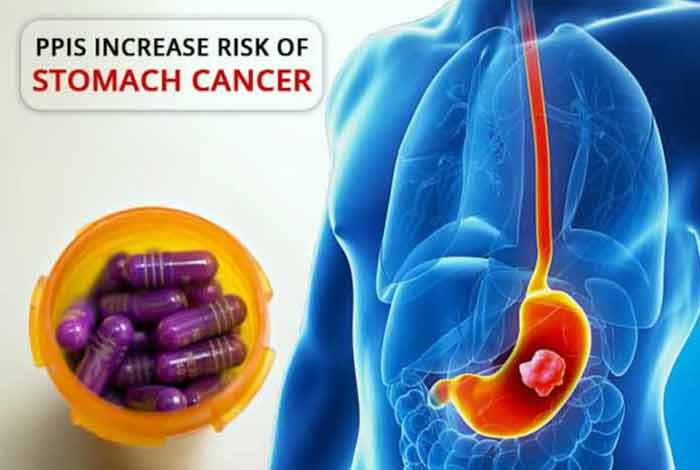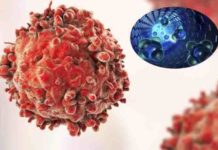
PPIs increase risk of stomach cancer

Proton pump inhibitors (PPPIs) or heartburn and acid reflux drugs are widely used medicines across the world. However, a new study suggested that these drugs, might significantly increase the risk of stomach cancer by nearly 250% when used for a longer duration.
PPIs can be used to reduce the acid formation in the stomach. Using PPIs on a long-term basis by people, who carry a bacterium, called Helicobacter pylori, are at a higher risk of developing stomach cancer, as per the new study.
Nearly 50% of world’s population have this bacteria naturally existing inside the body, but for a few people, the bacteria and PPI drug combination can lead to increased risk of stomach cancer.
The study’s co-author, Ian Wong told the University College London news, “Proton pump inhibitors are an important treatment of Helicobacter pylori infection and have good safety records for short-term use. However, unnecessary long- term use should be avoided.”
The study included data of more than 63,000, who consumed PPIs and other antibiotics against Helicobacter pylori infection. More than 3000 people continued to take PPIs for three years, whereas nearly 22,000 participants used an alternative medicine.
While 63153 people, out of the total number of participants, ultimately developed stomach cancer, those on PPIs were about 2.44 times more prone to develop cancer. Patients, whop were on other alternative medicine, indicated no increased risk of cancer. The study also revealed that patients, who took PPIs on a daily basis, had 8 times more risk of getting the stomach cancer.
Richard Ferrero, a gastrointestinal infection researcher, found that no such correlation exists between gastric cancer risk and long-term treatment using other anti-suppressive drugs. These drugs are out of ten topmost selling drugs and are commonly prescribed for heartburns. The study has important clinical implications.
This increased risk is alarming, but leads to occurrence in small number of people, i.e., about 4 out of 10,000 stomach cancer cases. The researchers have no clue about existence of this connection.
Stephen Evans, a pharmacoepidemiologist, commented, “The most plausible explanation for the totality of evidence on this is that those who are given PPIs, and especially those who continue on them long-term, tend to be sicker in a variety of ways than those for whom they are not prescribed.”
Source: nydailynews.com










